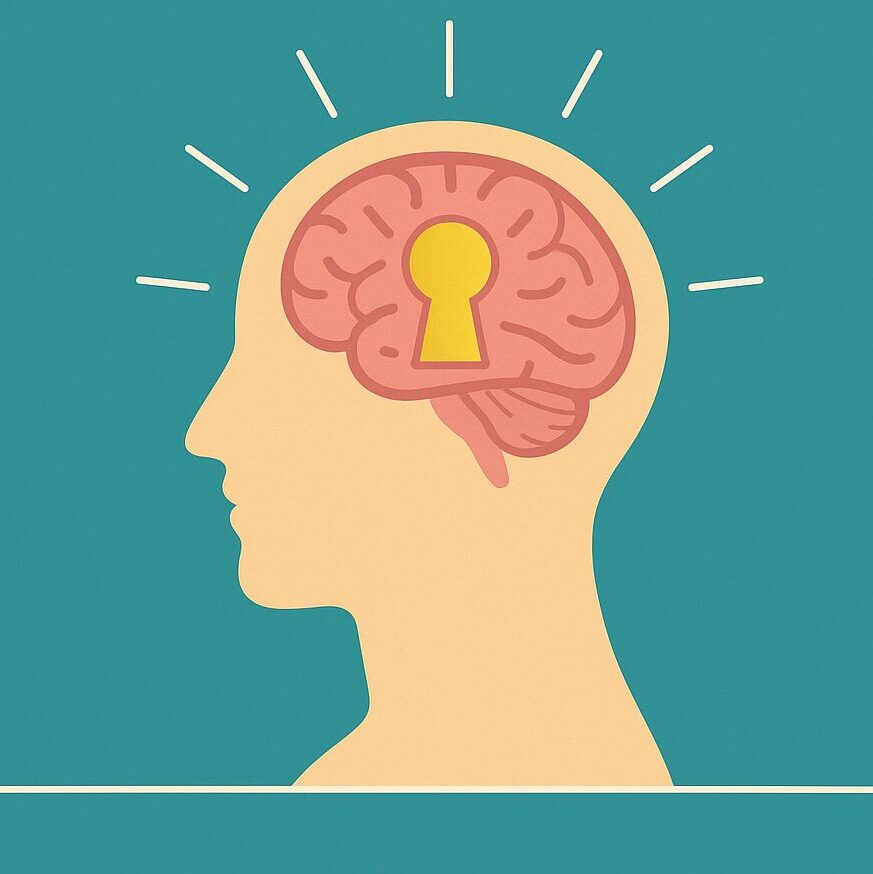Social Cognitive Therapy: Unlock Emotional Clarity with the Power
Life moves quickly, and emotions can sometimes get lost in the chaos. When you’re unsure of how you feel or why you’re feeling that way, it’s hard to respond with confidence. This emotional confusion often leads to stress, anxiety, and poor decision-making. That’s where Social Cognitive Therapy (SCT) comes in.
This approach helps you better understand your thoughts and emotions. As a result, you gain clarity, improve your relationships, and boost your mental health.
Let’s explore how SCT works and how it can support your emotional well-being.
What Is Social Cognitive Therapy?
SCT is based on the idea that our thoughts, feelings, and actions are connected. Developed by psychologist Albert Bandura, SCT teaches that we learn not just through experience, but also by observing others.
This works by helping you notice your patterns, reflect on them, and make more helpful choices. Over time, you begin to think differently—and feel better too.
📖 Learn more about Social Cognitive Theory
Why Emotional Clarity Is Important
Emotional clarity means being able to identify, understand, and express your feelings. Without this skill, it’s easy to react without thinking or to carry stress without knowing the cause.
When you develop emotional clarity, you can:
- Respond instead of react
- Make better decisions
- Communicate clearly
- Set healthy boundaries
- Reduce anxiety and overthinking
In short, emotional clarity gives you a calm foundation. That’s why it’s a key goal in therapy.

How Social Cognitive Therapy Builds Emotional Clarity
Social Cognitive Therapy gives you several tools to better understand yourself. Here are a few techniques therapists use:
1. Observation and Self-Reflection
First, you begin to notice your thoughts and emotions. For example, when you feel anxious, you ask: “What am I thinking right now?” This small step builds awareness.
2. Reframing Thoughts
Next, you learn to question negative thoughts. If you think, “I always mess things up,” you practice replacing that with something more balanced like, “I made a mistake, but I can learn from it.”
3. Learning from Others
In addition, SCT encourages you to observe people who handle stress well. Watching how others navigate challenges gives you useful strategies to try.
4. Building Confidence (Self-Efficacy)
Finally, the therapy helps you believe in your ability to cope. With each success, your confidence grows. As a result, you start to trust your inner voice and make calmer decisions.
What to Expect in a Therapy Session
If you’re considering Social Cognitive Therapy, you might be wondering what sessions look like. At RP Psychotherapy, we work collaboratively with each client. Here’s what a typical session may include:
- Talking about recent situations and emotions
- Identifying patterns in your thinking
- Practicing new ways of responding
- Reflecting on progress and setting goals
We move at your pace, always with kindness and curiosity.
When Is SCT Most Helpful?
This therapy can be helpful for many different concerns, such as:
- Anxiety or constant worry
- Depression or low self-worth
- Overthinking and rumination
- Relationship challenges
- Burnout or emotional overwhelm
Because SCT is flexible, it works well whether your struggles are long-term or new.
How to Use SCT Techniques in Everyday Life
Even if you’re not in therapy yet, you can still try some SCT-inspired practices:
- Pause and name your emotion. For example: “I feel frustrated.”
- Write down your thoughts. Ask yourself if they’re helpful or accurate.
- Learn from people you admire. What mindset or habits do they use?
- Talk to yourself kindly. This reduces self-criticism over time.
These small steps can make a big difference in how you feel each day.
Real-Life Example
Let’s say Alex often feels nervous before speaking in meetings. Through therapy, they realize the thought behind the feeling is: “I’ll say something dumb.” With support, they learn to shift this thought to: “Everyone makes mistakes sometimes. I’m allowed to speak up.”
After a few weeks, Alex reports feeling more at ease. They still feel nervous—but now, they also feel prepared.
You Deserve to Feel Clear and Calm
Many people think their emotions are too confusing to sort through. But you don’t have to do it alone. SCT offers tools and guidance to help you make sense of what you’re feeling.
At RP Psychotherapy, we believe that therapy should feel safe, supportive, and empowering. With the right approach, emotional clarity isn’t just possible—it’s within reach.
Ready to Take the Next Step?
We’re here to support you. Whether you’re dealing with stress, self-doubt, or feeling overwhelmed, SCT can help you move forward with clarity.

